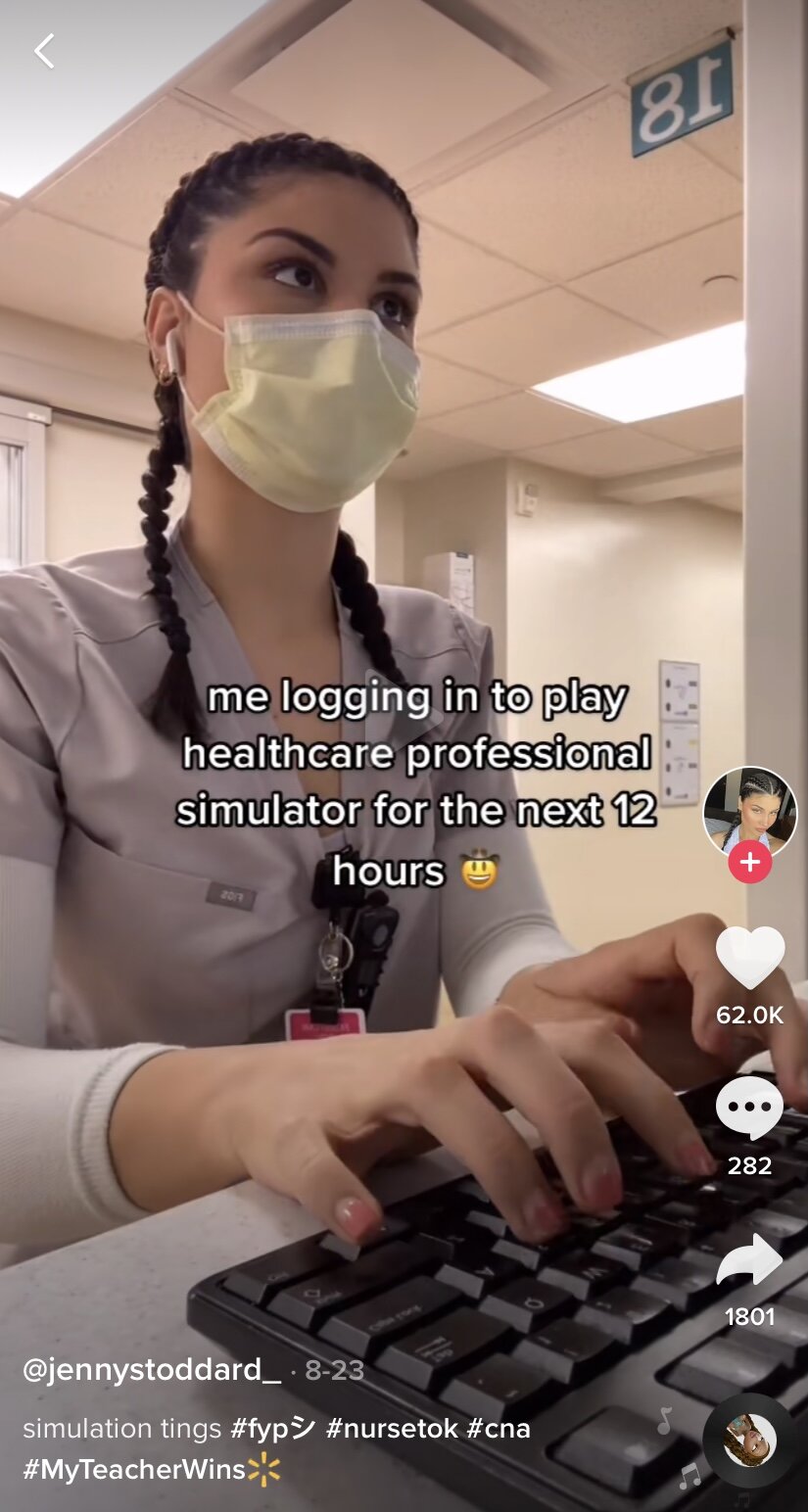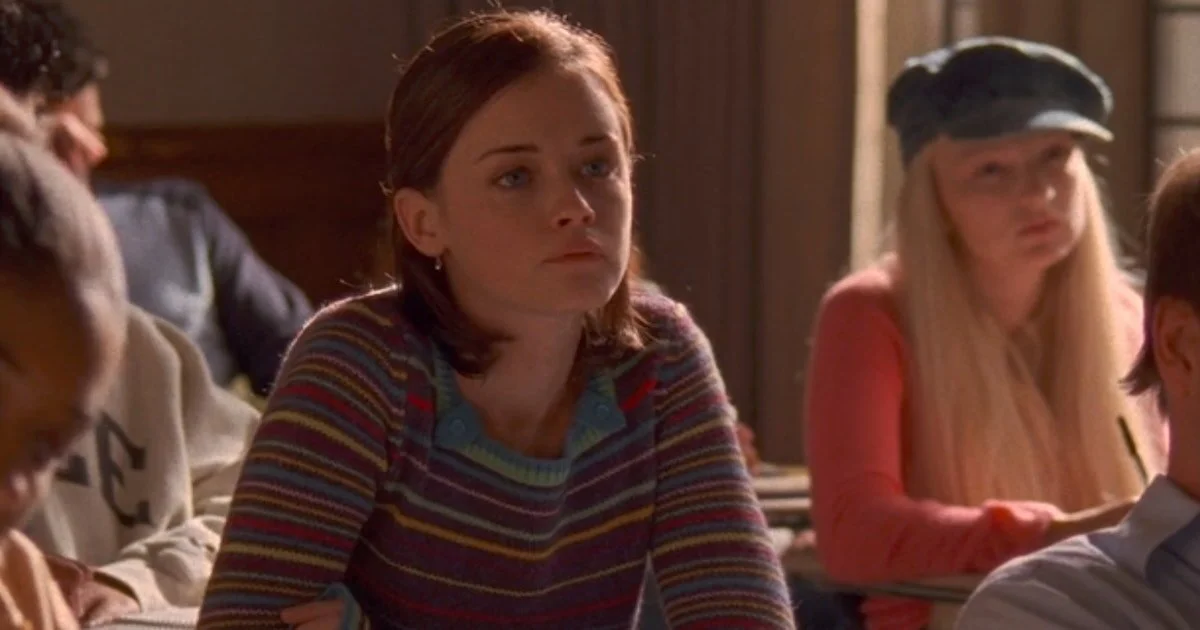The “You’re Gonna Love This Game” TikTok Trend
Based on a Bratz commercial and “game-ifying” life, a new TikTok trend has taken the app by storm.
Examples range from TikTok baristas imagining that their job is a coffee chef simulator game to TikTok students picking out an outfit and imagining that they are playing a fashion simulator game.
It makes sense that this trend draws TikTok viewers in. Similar to the “Being the Main Character” trend, this trend’s goal is to make mundane everyday life seem a little more fun. Instead of applying life to a movie as does the “Main Character” trend, the “You’re Gonna Love This Game” trend applies it to a simulator video game.
The surface level reason that these trends are so appealing seems to be that individuals generally enjoy seeking ways in which they can make their own life feel like it is as fun as it can be. Which is more fun: riding in a car and listening to music, or having wind blowing through your hair while you sit in a red convertible and sing along loudly to montagey music with some of your best friends? The former is an everyday occurrence, the latter is a “movie scene.” The main character trend romanticizes everyday occurrences by reshaping them into “movie scenes,” in which the individual experiencing the occurrences is the “main character.” Likewise, the “You’re Gonna Love This Game” trend reshapes everyday occurrences by reshaping them into games, specifically simulation games.
The similarity between simulation games and movies is that when someone plays a simulation game or watches a movie, they are only playing or watching it. They are not experiencing it in reality. They can quit a game or pause or end a movie at any time. In reality, there is no such option. There is only experiencing, and no seeing or playing.
Even playing a game as a character, or playing a simulator game, involves seeing an experience rather than having one. It is seeing the experience that you shape, lived by the character on your screen, whom you see yourself play as.
Seeing is more romantic than experiencing. Losing something in a game may have high stakes in the heat of the moment in game, but it will not technically nor truly harm the player in the player’s real life. An individual who truly loses something in their real life can be harmed. Additionally, experiencing doesn’t grant the same kinds of second chances that seeing does. In a cooking simulator game, messing up a restaurant customer’s order might get you fired-- but you’ll be able to be “hired” again by hitting the replay button. In real life, of course, this is not the case.
The romanticism of being able to have an experience minus any negative consequences is precisely what draws TikTok users in. Playing a simulator game means you get not only a second chance, but also hundreds more chances to accomplish the task-- because rather than experiencing the tasks, you are seeing the character you play experience them.
This brings into question why individuals are seemingly obsessed with seeing things and scared of experiencing things. Do we hate life? Are we just lazy? If so, how do we stop hating life and being lazy?
The answer is actively embracing the beauty of experience, whether it’s running around to feel the sweet type of soreness in your legs, making a mistake and learning to correct it over time without being embarrassed about having made the mistake the first time, or going to eat food with friends and getting food you don’t like and laughing about it later.
Experience may not involve hundreds of chances to redo a moment, but it offers hundreds of chances to grow over the course of moments. Moreover, it offers the mistakes and risks that make life so much more important than a simulator game.
Enjoyers of the TikTok trend can and should indulge themselves in the nostalgia and fun simplicity of pretending that life is a lower-stakes video game.
We just shouldn’t forget to embrace the facets of experience from which we run away.
Life does not have to be a movie, and we do not have to be the main character, and life does not have to be a simulator game, and we do not have to be the player, for our lives to be interesting and fun. Our lives being real and made up of real experience is enough.






